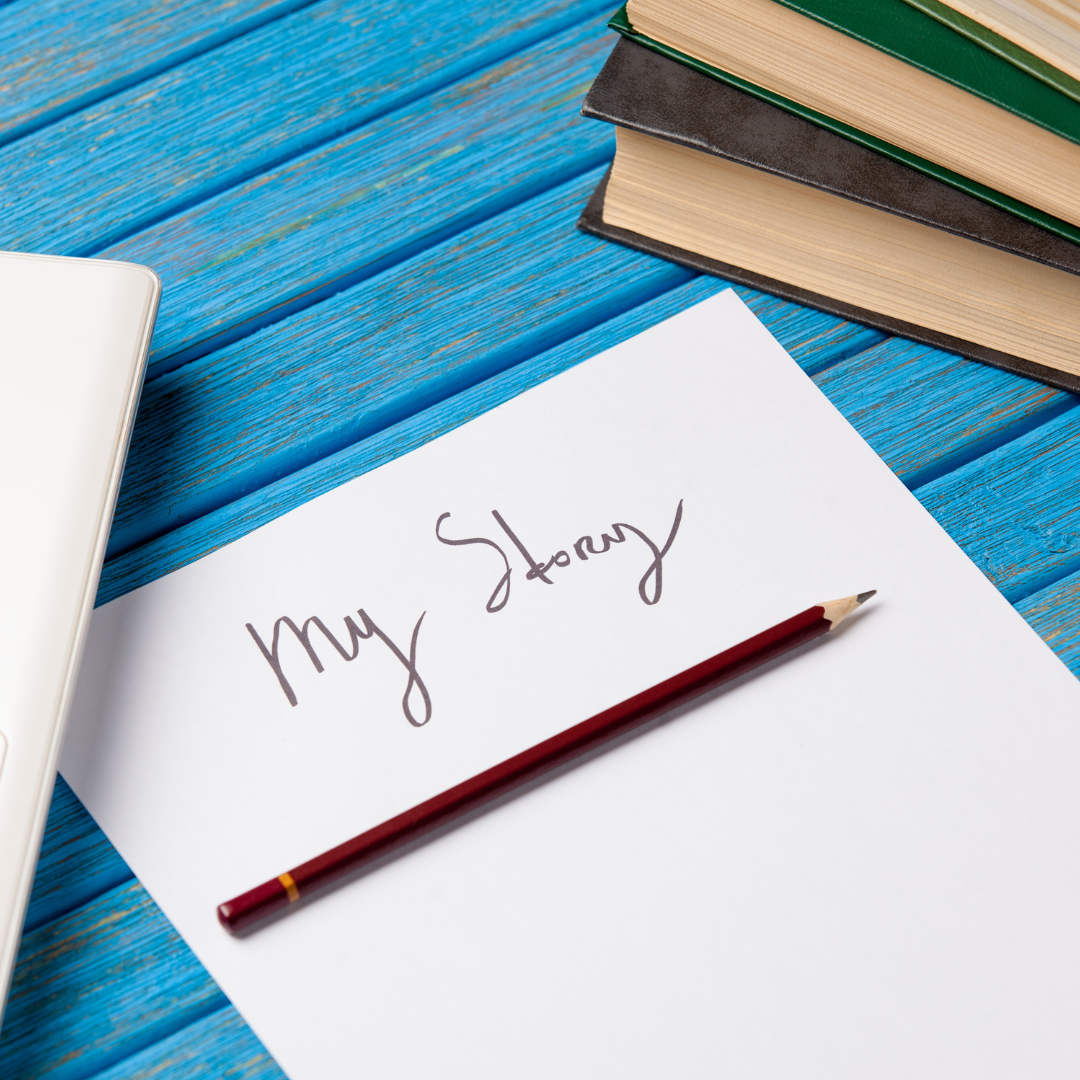As a person conceived through donor insemination [DI], I believe it is essential to tell the child for several reasons.
First, I believe it should be the child’s right to know the truth about his conception.
Second, it is extremely difficult to maintain such a vital secret for the lifetime of the child/adult without resorting to a tangled web of deceptions.
Third, the effects of keeping a secret probably will damage your relationship with your child and have a significant impact on his ability to trust you.
Fourth, most children are a great deal more perceptive than most parents credit and will perceive that some kind of information is being withheld from them. They will start to think that they are somehow to blame for whatever is being withheld or will even fantasize, as I did at an early age, that the mother had an affair.
Fifth, although their may be some similarity between the husband and the child, these will be outweighed by the many differences inherited from the donor, which will become more apparent at a later age when the teenager develops into a unique individual.
Sixth, the strain of keeping a secret might be greater than you would ever expect and cause significant stress in your marriage. If it dissolves, the odds that the truth will be revealed in damaging ways will be much greater. Your child will also need considerable support in understanding his identity. It will be extremely difficult to give him the nurturing he has the right to expect if you can not be honest with him about his conception.
I believe you will have much greater fears as a parent with a secret that may come out at any time than you would as a parent who has shown the child that you have profound respect for his dignity by telling him the truth. What words you use or explanations you give is far less important than the love you show by your honesty. I have known adoptees (and people like me who were conceived through DI) who were told as adults. They deeply resented being deceived for so long and felt betrayed. More significant than that, however, is the sense that they knew all along that something important was kept from them all their childhood years and that this secret kept their family from being close.
So I encourage you to accept DI with the understanding of the child’s need to know the truth. I can reassure you that there are many DI families that have done so and that their children have no significant emotional traumas nor are they obsessed with the identity of the donor. The key is honesty and the willingness to ask for support. DI-support groups, whether through e-mail or through local meetings are essential.
I believe that family counsellors are also great support for both of you and your child. It is perhaps more difficult to parent a DI child or an adoptee so there should be no shame attached in asking for such help. By the time you need this help, I am certain it will be more readily available than it is now. In the fifteen years since I found out the truth, society has changed dramatically from then: at that time no one disclosed, it was never discussed in public, no DI support groups existed, e-mail newsgroups had not been invented, there were no identity-release donors, and no counsellors had any experience with DI families.
Within a few years, we will see greater social acceptance of DI, more information available about the donors, more DI support groups, and many more counsellors with a wealth of experience with DI families. I also expect to see few couples who question the need to disclose. I wish you well in your decision. The only thing you have to fear is fear itself. You might believe that secrets do no damage and feel justified in doing so out of a sense of protecting the child. In reality, such protection is harmful to the child and the family members who engage in it. That was the case for myself and my family as well as for those thirty or more DI adoptees who have told me their stories.
It is a little disconcerting trying to convince DI parents about our confusion, trying to understand our sense that something is being withheld from us. We have ample evidence that this was the case in the long period of time when it was believed that adoptees should never know the truth. Most adoptive parents would now consider such a secret unthinkable and adoption counsellors actively encourage disclosure.
I think that within ten years or so disclosure will become the norm as more DI conceived people get involved in telling our stories and the general public becomes more informed about infertility. It was the numerous books written by adoptees and birthparents that convinced adoptive parents to disclose and it will be so for DI as well. So please don’t think I’m accusing any of you, I’m just trying to tell you my experiences with secrecy, hoping that you won’t suffer through the tremendous struggles my parents went through trying to “protect” me from reality. When I was finally informed, at age 37, I could not understand why they felt it was such a terrible thing. I felt nothing but sympathy for the unnecessary pain they created for themselves. The truth is a lot less frightening than our fears.

